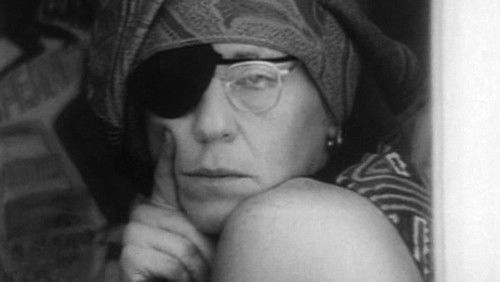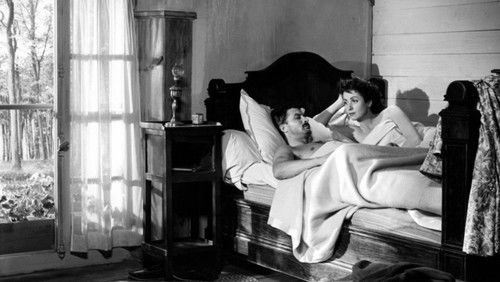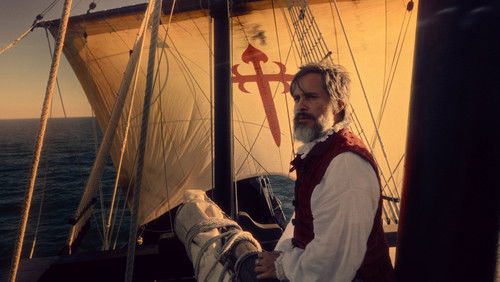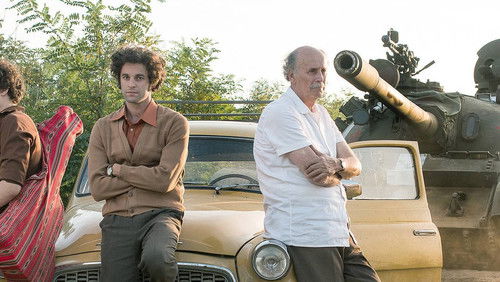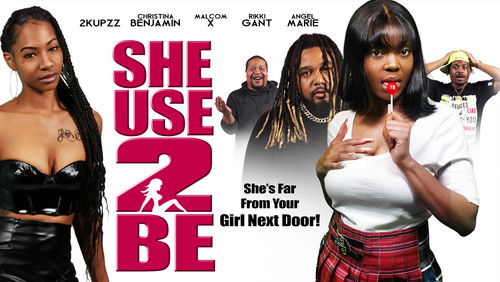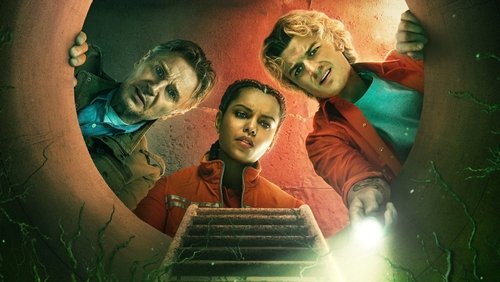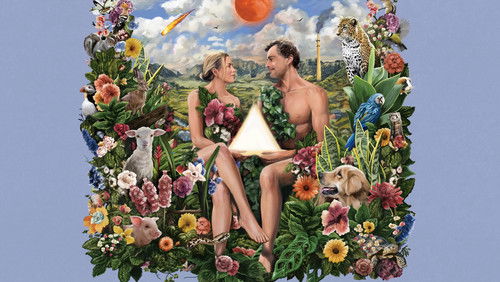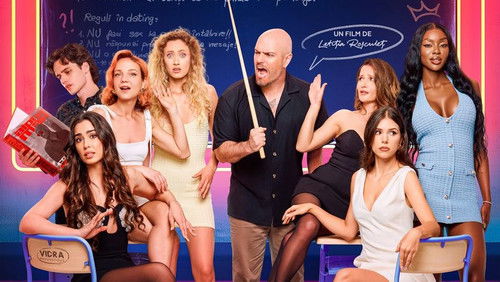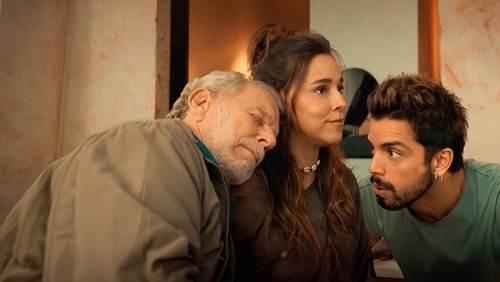Der Zirkus (1928)
50KDer Zirkus: Directed by Charles Chaplin. With Al Ernest Garcia, Merna Kennedy, Harry Crocker, George Davis. The Tramp finds work and the girl of his dreams at a circus.
“The Little Tramp is chased into a circus tent during a performance; his antics prove funnier than those of the clowns, and the ringmaster hires him for the show.u003cbr/u003eu003cbr/u003eWhen a comedian plays a character who is inadvertently hilarious, it can seem narcissistic: just check out Jerry Lewisu0026#39;s u0026quot;The Errand Boyu0026quot; where Lewis has his supporting cast praise the comic genius of the character played by Jerry Lewis. Despite this danger, and despite Chaplinu0026#39;s off-screen egotism, the premise plays beautifully, especially since The Little Tramp (though not Chaplin) is such a terrible comedian when heu0026#39;s trying to be one. My favorite moment is when the ringmaster demands the auditioning Tramp to be funny right that instant: the Tramp grins and shyly dances around a bit, gingerly falls down, puts his cane between his legs and meekly lifts himself back up. u0026quot;Terrible!u0026quot; roars his would-be employer.u003cbr/u003eu003cbr/u003eThis film has more self-awareness over comedy conventions that any other Chaplin I know of. The Tramp ineptly (but hilariously) performs a couple of standard comedy routines with the other circus clowns. Later, thereu0026#39;s a funny twist to the old banana peel gag; and near the end he crashes into an old general store, looking as if heu0026#39;s thrust himself back into his old Keystone days. This is Chaplinu0026#39;s last true silent film, and the Keystone moment feels like a nostalgic farewell to the past.u003cbr/u003eu003cbr/u003eu0026quot;The Circusu0026quot; is funny throughout, but the opening scenes are probably the best. Thereu0026#39;s a marvelous funhouse sequence and a priceless routine where The Tramp pretends to be a motorized dummy. (Has anyone seen the Swiss clock routine from u0026quot;Your Show of Showsu0026quot;?) He also falls in love with the ringmasteru0026#39;s cruelly treated daughter, which leads to a poignant ending.u003cbr/u003eu003cbr/u003eI enjoyed the music, which Chaplin composed for this film in 1969. His scores are always repetitive; but theyu0026#39;re also sweet and funny and they enhance the action. I could have done without the title-sequence song (which he sings himself)—something about looking up at rainbows. Otherwise, this comedy is near-perfect and holds its own against Chaplinu0026#39;s even greater features, u0026quot;The Gold Rush,u0026quot; u0026quot;City Lightsu0026quot; and u0026quot;Modern Times.u0026quot;”
